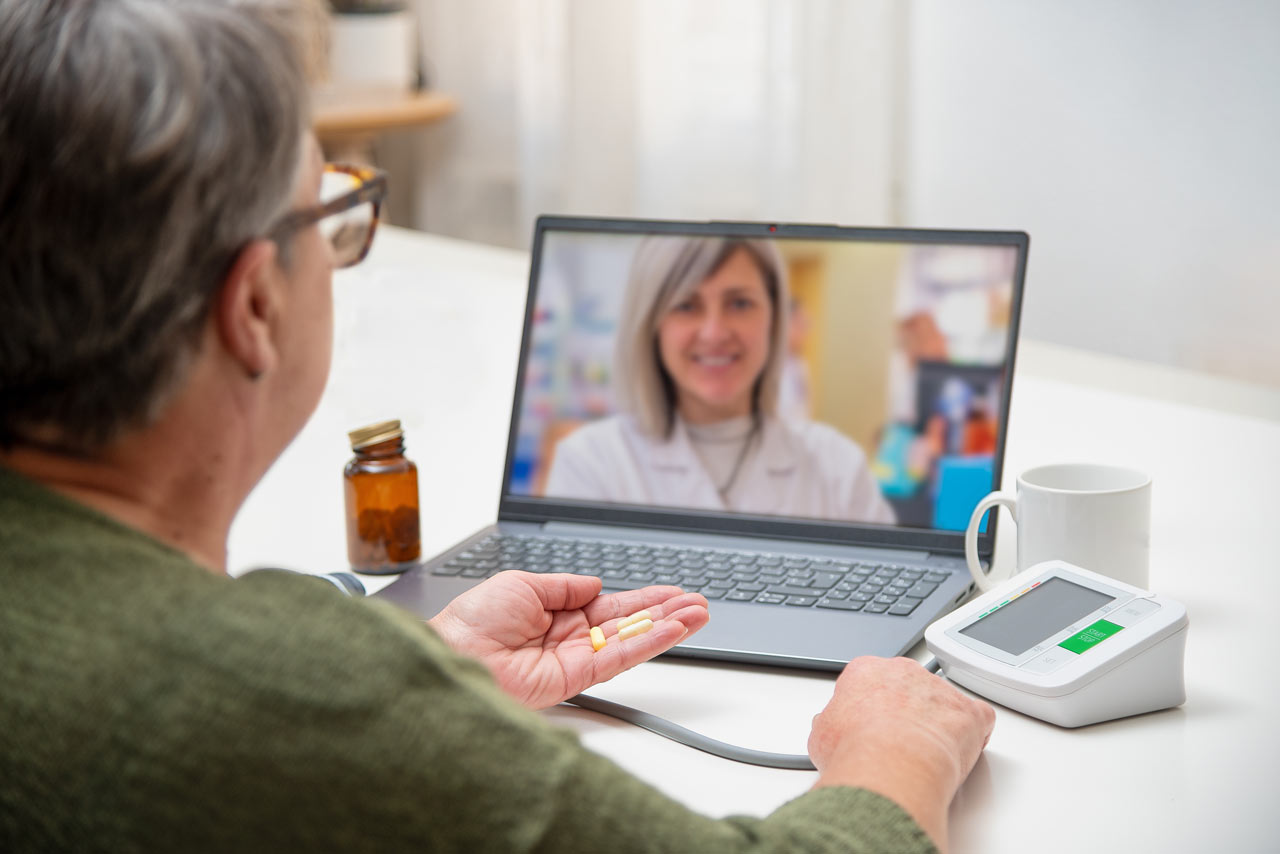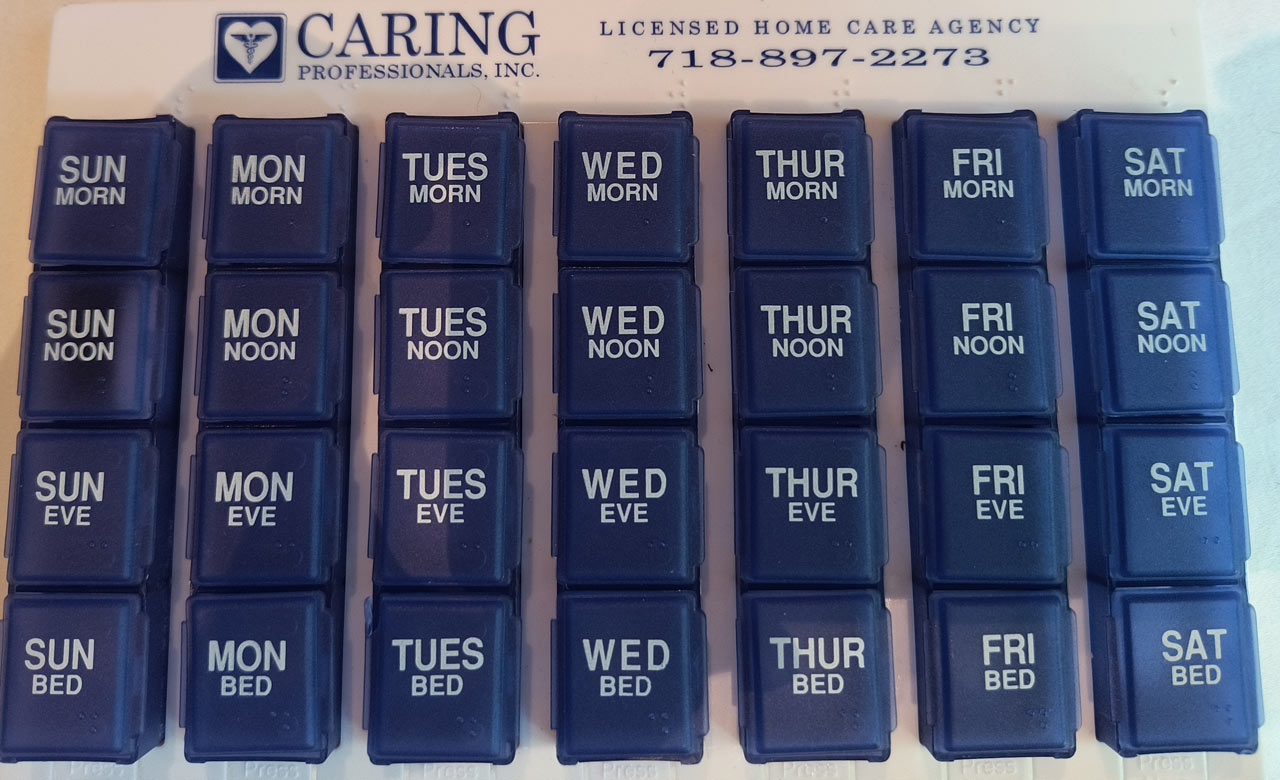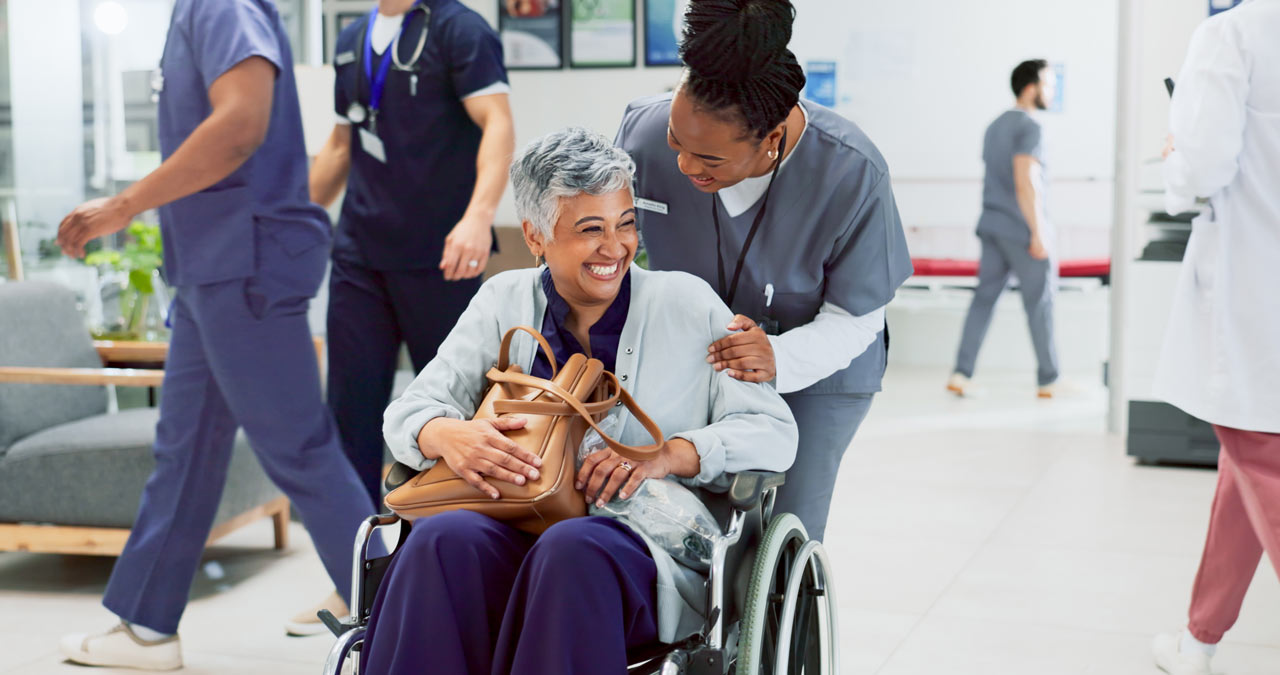Dr. Rosanne Leipzig, MD PhD is a world-renowned expert on aging, author, and professor of geriatrics at medical schools. Her just published book Honest Aging: An Insider’s Guide to Second Half of Life offers tips to taking control of your health and wellbeing and is published by Johns Hopkins Press.
Three Observations about Aging in the Twenty-first Century
- All older people are not alike. Some want to live long and are interested in interventions. Some just want to slip into their frailty and its ramifications. Others just want an end.
- Resiliency is key. People have a lot of ability to be creative in their adaptation to infirmity. If they can’t’ engage in their lifelong sport anymore, they will find a sport that they can play. If they can no longer be a writer since word retrieval became an issue, they can satisfy their creative needs with collage art. Keep making adaptations that allow them to do more.
- Independence means different things to different people. Most people want to live out their years at home yet some kind of sharing arrangement is gaining traction. We are currently redefining what senior independence means.

Five Tips to Taking Control of a Senior’s Health and Wellbeing
- Get the two generations together and communicate. Everyone needs to feel comfortable with changes and use of aids for hearing, mobility, and more.
- Go through medications with a doctor once a year. You want to make sure they are all still necessary and work well together.
- Think of people who are role models for aging. People who take on aging as the next challenge are an inspiration to looking at the half-full glass.
- Having things to look forward to that matter is vital. One should have a planning mindset.
- Exercise is the only magic bullet. It can reverse mood, mobility challenges, medical conditions, and cognition. Going outdoors regularly is important. Nature is a healer and stimulant.
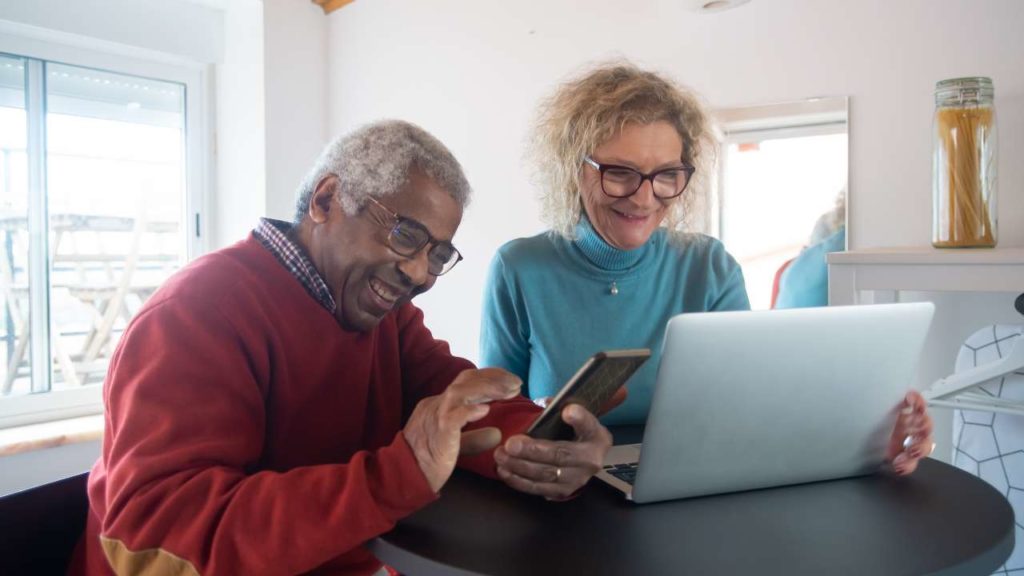
What’s Normal? is Everyone’s Favorite Question
- People need information on what is normal during the senior years. At the same time, they need to know what can be done to change the “normal.” It is normal to have high blood pressure as we age. However, our medical providers can tell us what we can do to bring it down. Normal is not inevitable. Dementia is not inevitable. Only 25% of people over 85 have dementia
- Keep asking questions.
- Ageism seems to be normal in our society. If one accepts that one is less because one is old, it becomes a self-fulfilling prophecy.
- Having a life undefined by a medical condition is important. Seniors can live a normal life if they redefine normal and are adaptive.
- Although old people today healthier and more functional than in the past, we don’t prepare for aging enough.
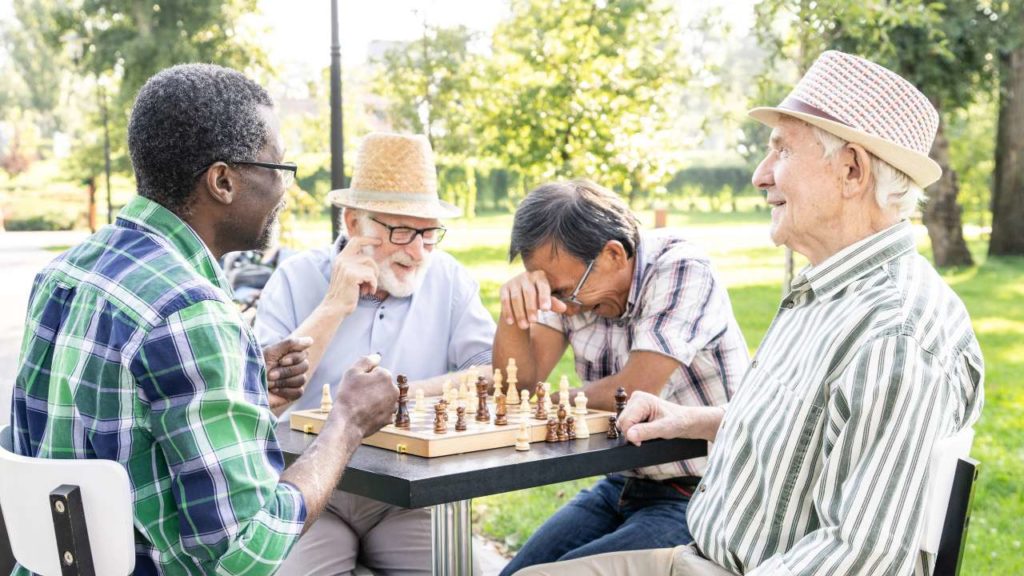
What to Do about Caregiver Fatigue?
- The need for self-care is real. Make it a priority.
- Pick your battles with the senior.
- Have a deep relationship with the senior
- Understand what the senior is going through.
- Caregiver support groups offer the emotional and practical supports that are vital to continue in this role.



